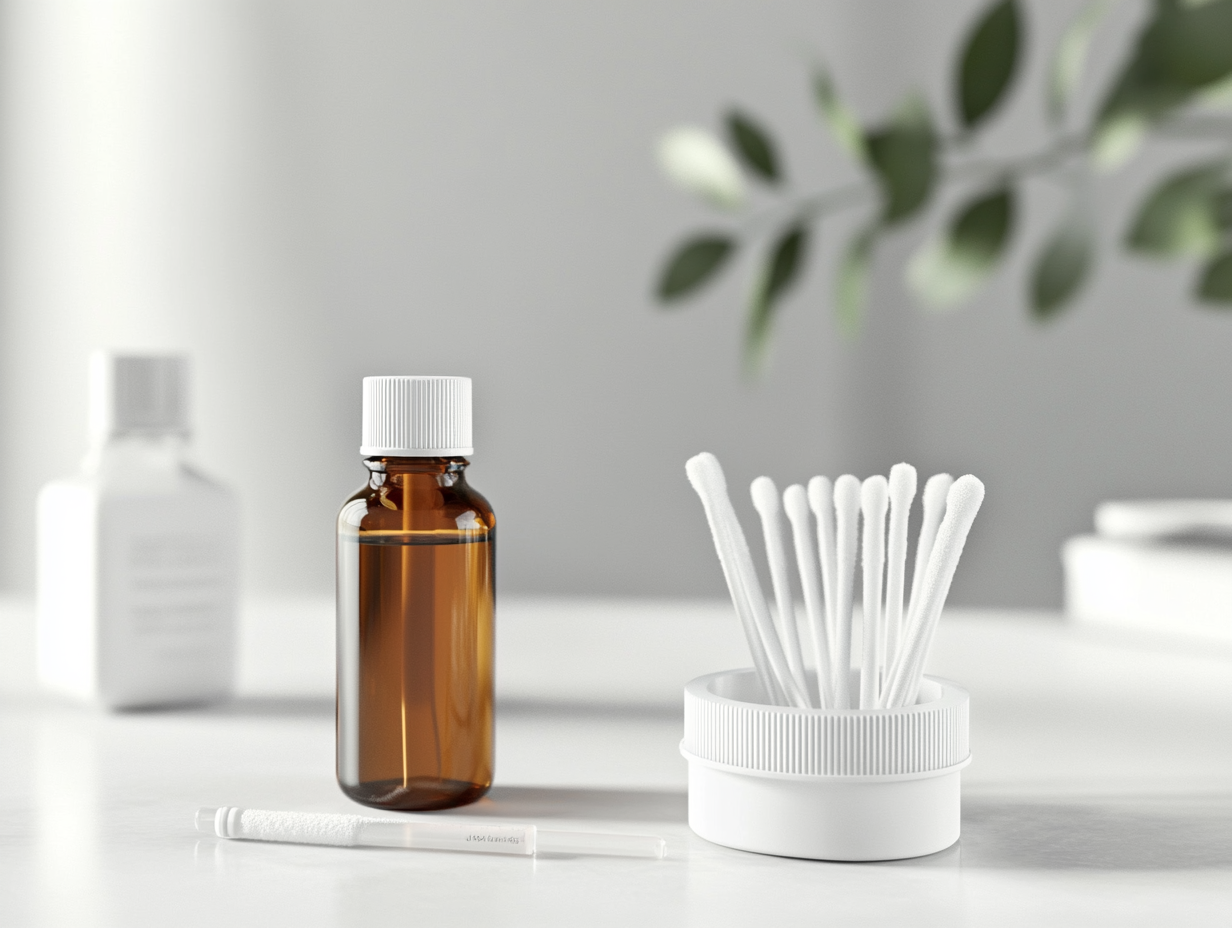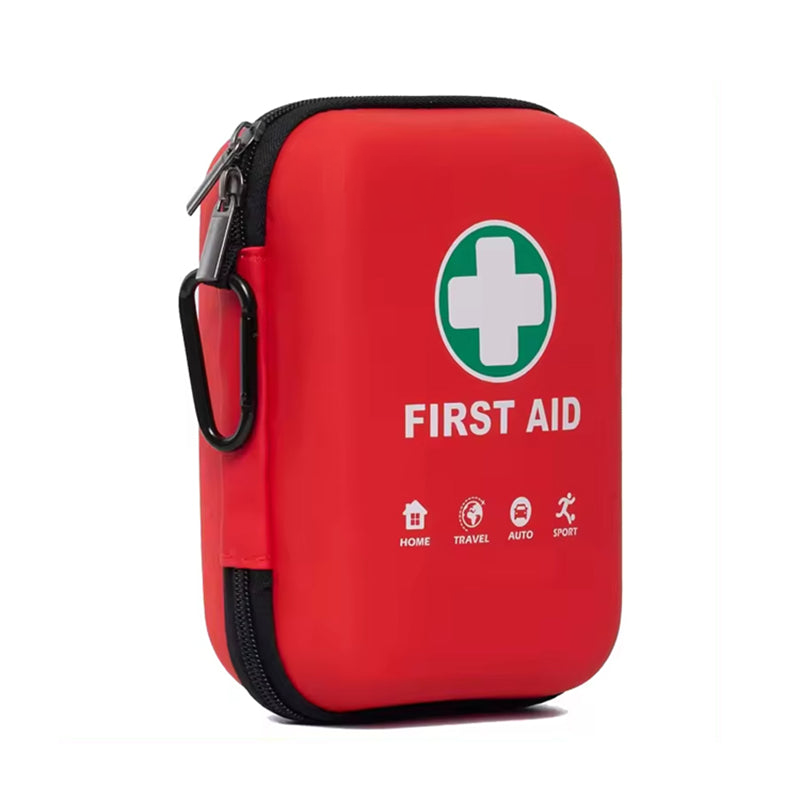
Uses of Alcohol Wipes
Disinfecting the Skin Surface
- The main component of alcohol wipes is ethanol, which can denature and coagulate the proteins of bacteria, thus killing them. Before medical procedures such as injection and infusion, it is used to disinfect the puncture site of the skin. For example, before venipuncture, wiping the skin with an alcohol wipe can reduce the number of bacteria on the skin and lower the risk of infection.
- It is also used for daily disinfection of small wounds. For instance, if your finger is accidentally cut by a piece of paper, gently wiping the skin around the wound with an alcohol wipe can play a preliminary role in cleaning and disinfecting.
Cleaning the Surface of Objects
- It can be used to clean some small items that are not afraid of alcohol corrosion. For example, wiping mobile phone screens, spectacle lenses, etc. Mobile phones are constantly exposed to various environments and are prone to getting bacteria on their surfaces. Wiping them with alcohol wipes can effectively clean them. For spectacle lenses, alcohol can evaporate quickly, leaving no water stains, and can remove grease and dust, making the lenses clearer.
Disinfecting Some Medical Devices (Partial)
- It is used for simple disinfection of some non-critical and non-implantable medical devices, such as the probe of a stethoscope. Doctors wipe the stethoscope probe with alcohol wipes before and after using it on different patients to prevent cross-infection.
Uses of Iodophor Disinfectant
Wound Disinfection
- Iodophor has a wide antibacterial spectrum and can effectively kill bacteria, fungi, viruses, etc. It has relatively low irritation to the skin and mucous membranes, so it is especially suitable for disinfecting various wounds. Whether it is abrasions, cuts, burns or surgical incisions, iodophor can be used for disinfection. For example, in surgical operations, doctors use iodophor to disinfect the surgical area, and its disinfection effect is reliable, which can reduce the incidence of postoperative infections.
- For small wounds in relatively sensitive areas such as the oral mucosa, such as mucosal damage caused by oral ulcers, disinfecting with iodophor is relatively safe and will not cause obvious pain like alcohol.
Skin Disinfection (Before Surgery, Injection, etc.)
- Before medical procedures, such as skin disinfection before surgery, iodophor is one of the commonly used disinfectants. It can form a bactericidal protective film on the skin and continue to play a bactericidal role. Compared with alcohol, iodophor does not require deiodination after disinfection, making it more convenient to use. Before intramuscular injection and venipuncture, disinfecting the skin with iodophor can also effectively prevent infection.
Mucous Membrane Disinfection
- Besides the oral mucosa, iodophor can also be used for disinfecting mucous membranes in the vagina, conjunctiva, etc. During gynecological examinations, iodophor is used to disinfect the vagina to prevent the spread of bacteria and other pathogens during the examination. During ophthalmic examinations or the treatment of small eye injuries, a diluted iodophor solution can also be used to clean the conjunctiva.
Differences between Alcohol Wipes and Iodophor Disinfectant
Different Components
- The main component of alcohol wipes is ethanol, usually with a concentration of about 70% - 75%. Ethanol kills bacteria by denaturing proteins.
- The main component of iodophor disinfectant is an amorphous complex formed by iodine and povidone (or other carriers). Its bactericidal mechanism is to oxidize the active groups of the protoplasm protein of pathogens and combine with the amino groups of proteins to denature them.
Differences in Bactericidal Range and Effect
- Alcohol has a relatively strong bactericidal effect on bacteria, but its effect on killing spores and viruses is relatively weak. For example, for items contaminated by spores, alcohol disinfection may not be able to completely kill the spores. Moreover, alcohol is volatile, and its bactericidal effect lasts for a relatively short time.
- Iodophor has a wider bactericidal spectrum and can effectively kill bacteria, fungi, viruses, spores, etc. And after iodophor disinfection, it can continue to play a bactericidal effect on the skin or mucous membrane surface for a period of time, providing better protection.
Differences in Irritation
- Alcohol has relatively strong irritation. When used on broken skin or mucous membranes, it can cause obvious pain. For example, when using alcohol to disinfect oral ulcers, patients will feel a stinging sensation.
- Iodophor has relatively low irritation and is especially suitable for disinfecting mucous membranes and broken skin. When using iodophor to disinfect wounds, patients generally do not feel obvious pain.
Differences in Usage Scenarios
- Alcohol wipes are more suitable for cleaning the surface of objects, disinfecting intact skin (such as skin disinfection before injection, and it can also be used when there is no iodophor), and simple disinfection of some small medical devices. Because it evaporates quickly and does not leave residues that affect subsequent operations.
- Iodophor disinfectant is mainly used for wound disinfection, preoperative skin disinfection, and mucous membrane disinfection. Especially in the case of wounds, iodophor is a safer and more effective disinfectant.
When you are on outdoor adventures or travels, accidents can happen at any time. A fully equipped
outdoor first aid kit is your health guardian. Why not quickly buy an outdoor first aid kit for yourself and your family? Let peace of mind always be with you and enjoy the outdoor time to the fullest!

